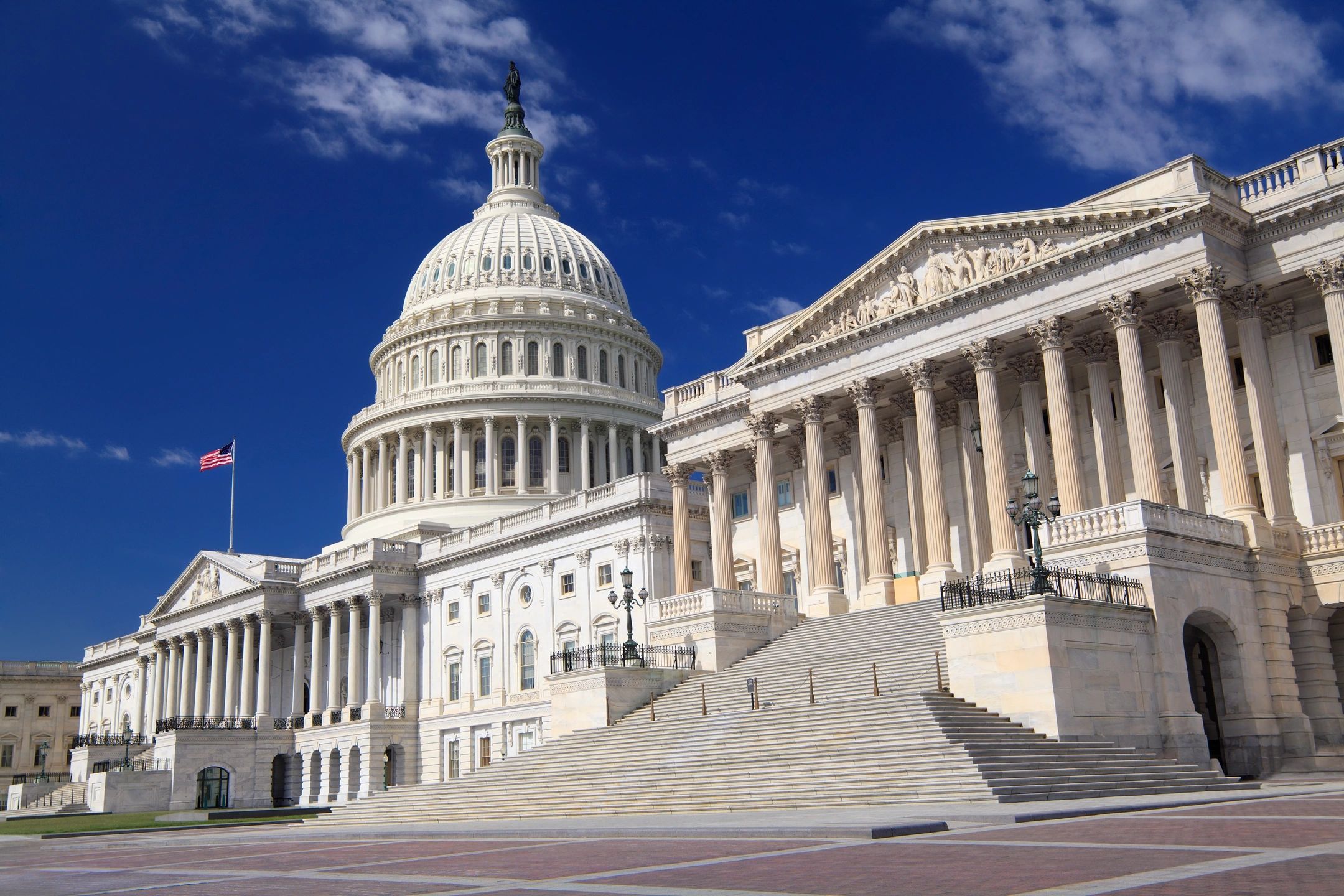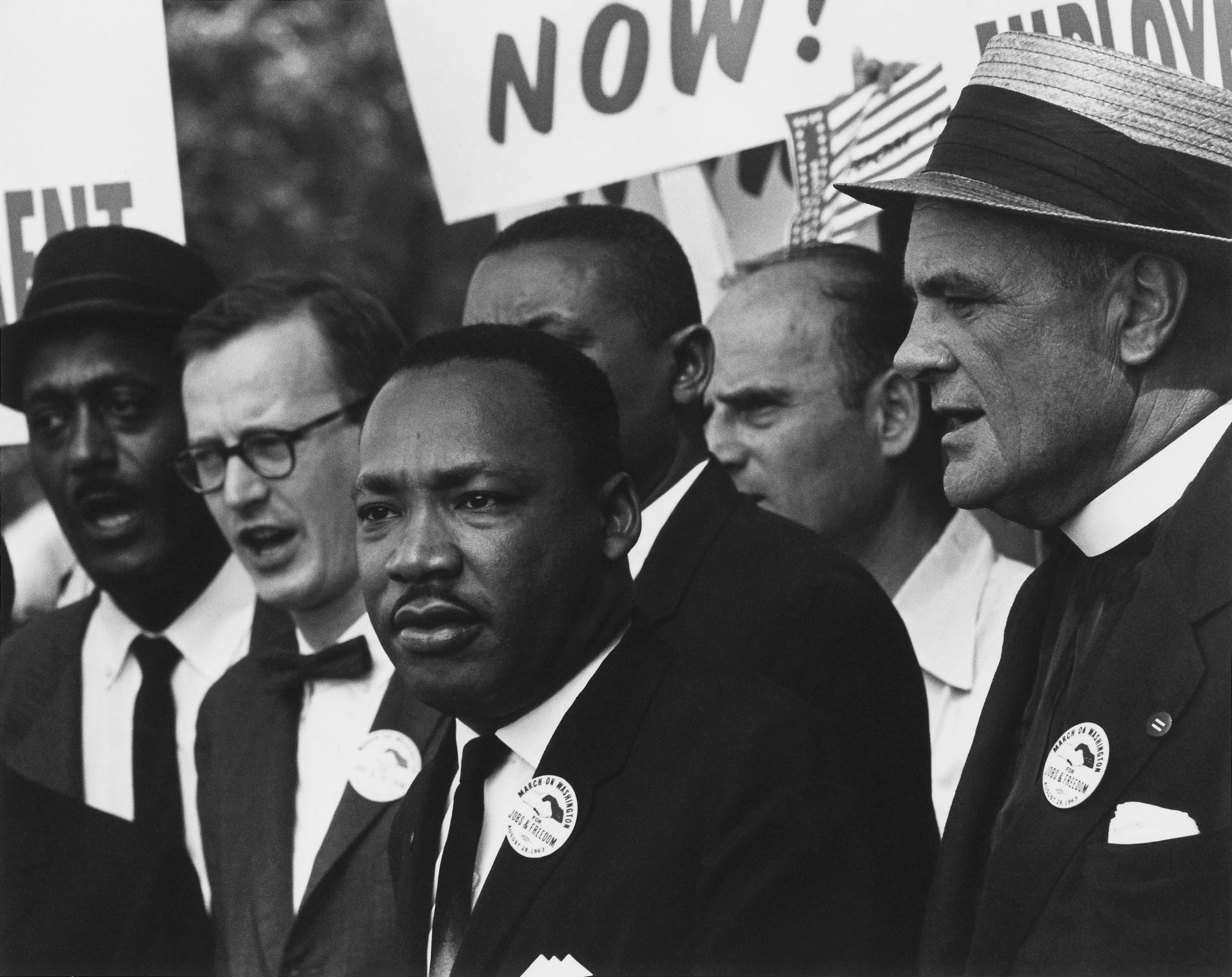According to some, there are no natural rights to property. You can pursue goods all you like, but your rights to them don’t go with the acquisition. You’d need some form of social construction for that, and, if the society was against you, the society could chose not to grant you any rights. Moreover, there’d be nothing you could do about it. There certainly wouldn’t be any moral ground for your complaint. According to some adherents of this view, John Locke’s famous arguments for property acquisition are to be confined to the dustbin. For example, according to one objector, Locke’s labor-mixing argument for the acquisition of private property is unsound.…
-
-
On The Communist Manifesto
In order to understand Marx, you must understand Hegel. But no one can understand Hegel. Ergo… Okay, so perhaps we don’t have to completely understand Hegel but merely get a rough grasp of what he was saying. Hegel was born in 1770, taught philosophy at the University of Jena until it was closed down in 1806 after Napoleon overcame the Prussian army, and taught at the University of Heidelberg from 1816 until his death from cholera in 1831. Hegel’s greatest contribution to philosophy is his view of history. Hegel thought that the flow of history has its own internal logic. The logical process of history is like the maturing of a spirit. Just…
-
Government: What’s the Point?
In an era when people are both fascinated and cynical about politicians and governments, it is worth pausing to ask: what exactly is the purpose of government? What is it supposed to do? In order to answer this question, we ought to first consider the kind of thing that is going to be governed – human beings. If we don’t know anything about human beings, it’s no good suggesting we know how to look after them. The problem is that we can’t merely consider them as they are now, under the authority of governments. Instead, we have to consider human beings as they might be without governments or institutions. Philosophers…
-
Human Progress is not Enough.
We all have an interest in human progress. Whether it be the accumulation of knowledge, removal of disease, increase in prosperity, decline in murder, or a wealth of other worthy aims, we want to see human life get better over time. However, for some people, being ‘part of history’ or devoting oneself to human advancement is the source of their meaning in life. It is the ‘something’ that transcends their own value and grants them purpose for their lives. Without it, they think their life would be pointless. The view that human progress can provide an ultimate meaning for one’s life goes back at least as far as Hegel. Hegel’s…
-
On Merit
You do something great, I clap. The child is naughty, he gets no ice cream. The athlete wins the race, she gets a medal. All of these actions and reactions seem built into the universe. It’s just the way it is. According to Clifton Mark, this is false – this is not the way the world works. Oh, and believing it leads to evil. Mark defines meritocracy as the idea that “the rewards of life – money, power, jobs, university admission – should be distributed according to skill and effort.” Most people, he says, think of meritocracy as a fact about the world. It is just the way the world…
-
In with the Old
Amber Petrovich argues that too many old people are in charge and that they should stand aside to make way for the young. The point is simple: Older people know less about what life is like now than younger people. Since government is about the present, younger people are better equipped to be in charge: “too many of our politicians are too out of touch to be making crucial policy decisions that affect millions of lives every day…I will never claim to know what adult life was like in the 1960s, ’70s and ’80s, but I do know what adult life is like now. So why are you still making…
-
What Can We Do?
“we had no alternative except to prepare for direct action, whereby we would present our very bodies as a means of laying our case before the conscience of the local and national community” (Martin Luther King) Is it okay for a Christian to break the law? On the one hand, the Bible tells us to to obey governing authorities (1 Peter 2; Romans 13). On the other hand, there are examples of apparent justified law-breaking (Esther 4; Daniel 1, 3, 6; Acts 5:29). Occasionally, Christians are obliged to break the law. When the law asks us to perform acts contrary to the explicit command of God, we are obliged to…
-
Governing and Human Nature
Consider the present state of political discourse. Isn’t it, at least in part, a discussion about evil and what to do about it? Of course, it also involves thinking about some things as evil and other things as good. But once a political group has decided what they think is evil, the debate is all about what to do about it. Debate over the environment is about what to do to confront the bad effects of successful economies. The debate over wealth and poverty becomes a debate about how to shrink the income gap. The same is true of debates over firearms, border control, the moral status of the unborn,…







